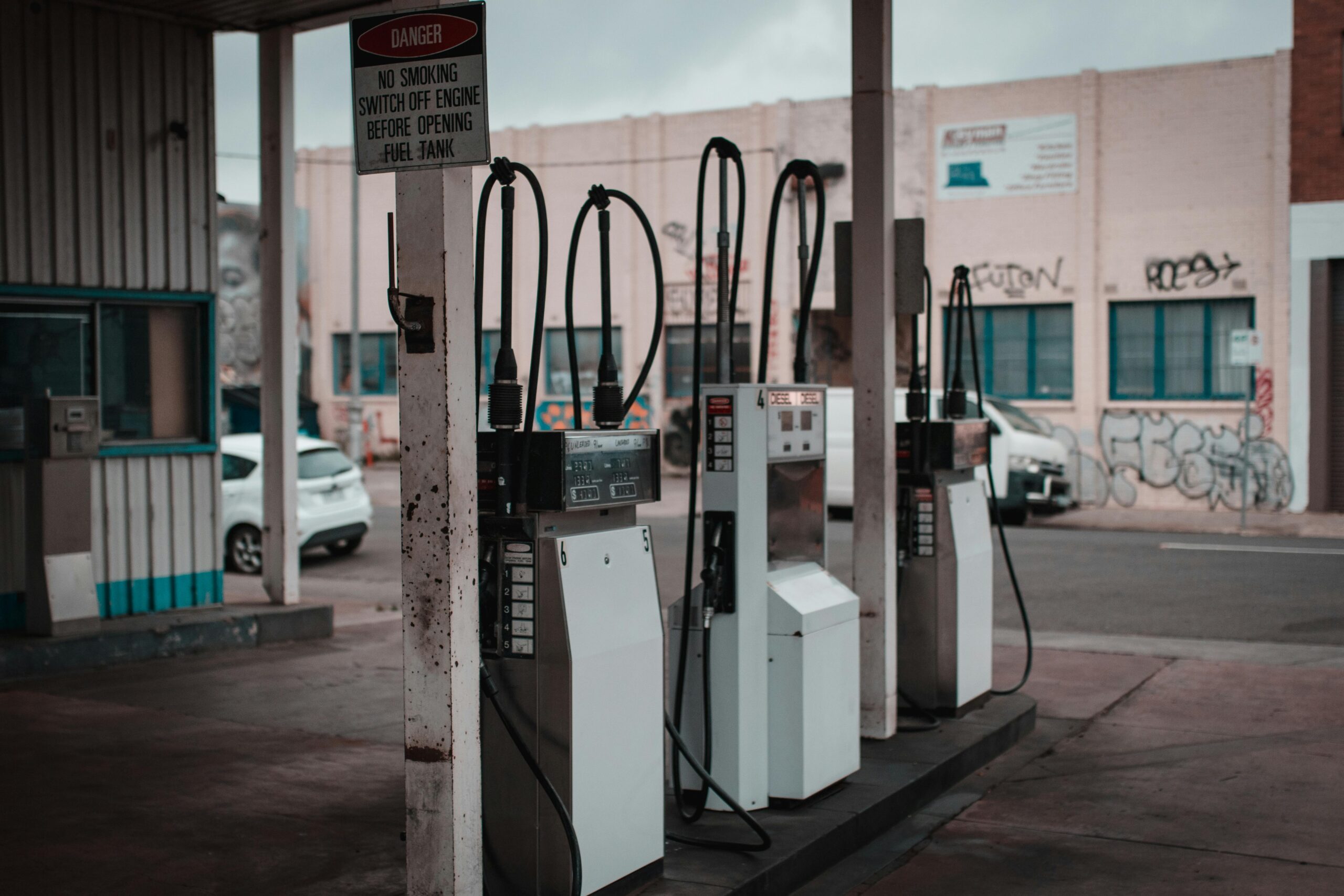With all the different types of gas at the pump, deciding what kind to purchase can be confusing. Using the wrong fuel type can damage your engine and cost you more in repairs down the road.
The best rule of thumb is to use the type of gas your vehicle’s manufacturer recommends. This information is usually in the owner’s manual and often listed inside your fuel tank door.
Cost
Gas is expensive, and many vehicle owners worry about soaring gas prices. If you’re concerned about costs, consider purchasing an electric car that requires much less maintenance and uses significantly less fuel than your traditional gasoline-powered vehicle.
Several factors determine the cost of gasoline. More than half of the price you pay at the pump is influenced by crude oil prices, while the remainder is split between refining and distribution costs. Regional differences in taxes and retail competition also impact the cost of gasoline.
Although it may be tempting to save money using a lower-octane gasoline than your vehicle’s manual recommends, it could damage your engine and lead to costly repairs. Additionally, using a lower-octane gas can also void your manufacturer’s warranty. Remember that you can reduce your fuel usage by avoiding heavy loads and roof racks, which require more energy to maneuver, as well as maintaining proper tire pressure and engine tuning.
Performance
The types of gasoline you choose can affect how well your car runs. The kind of gas your vehicle’s manufacturer recommends is typically the best. Regular unleaded is 87 octane and works for most engines, while premium fuel has a higher octane level and is required by some high-output engines.
Whether you need premium depends on your engine design, how you drive, and the environment you’re going in. Using higher-octane gas than your engine won’t damage it, but it may not improve performance.
Choosing the correct diesel fuel grade can help you get the most mileage out of your vehicle and save money on gas. But before you head to the pump, take some time to read your owner’s manual and learn what each octane number means. And remember to easily compare personalized rates to see how much switching car insurance could save you!
Safety
Choosing the right gasoline may seem minor, but it significantly impacts your vehicle’s performance. It can dramatically affect your safety. Choosing the wrong fuel type can cause damage to your engine and cost you more money in the long run. You can help your car perform at its best using the correct gas, as your owner’s manual recommends.
When selecting a suitable gas for your car, it’s essential to consider its octane level and specific use cases. Higher octane fuel is better for high-performance engines that use turbocharging and compression ratios to create more power from the compressed air-fuel mixture. These engines require high-octane fuel to prevent pre-ignition and damage to the engine. Using Tier gasoline, which contains more detergents and chemicals to clean the engine and reduce engine deposits, is also a good idea. Using the right fuel for your vehicle is one of the easiest ways to improve its performance and save money at the pump.

